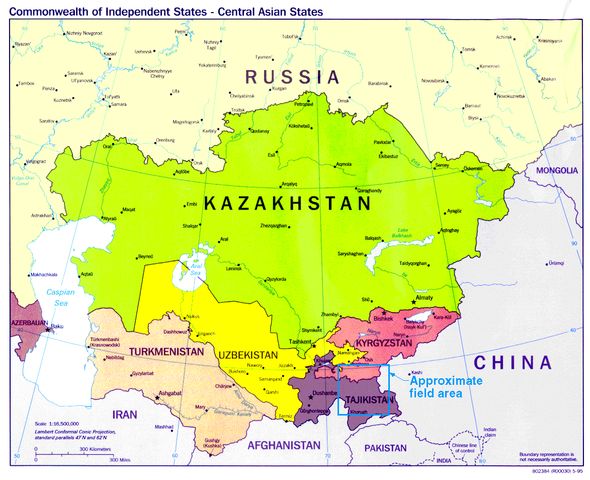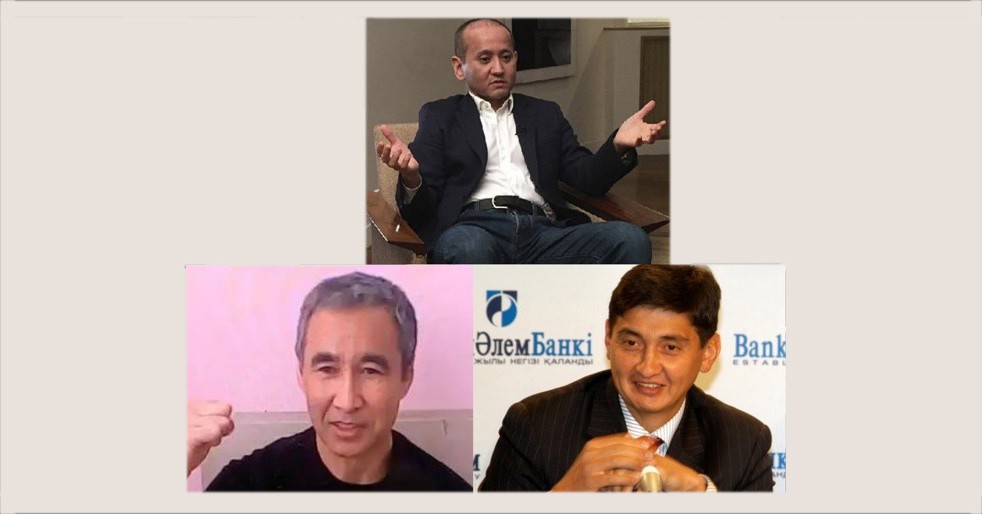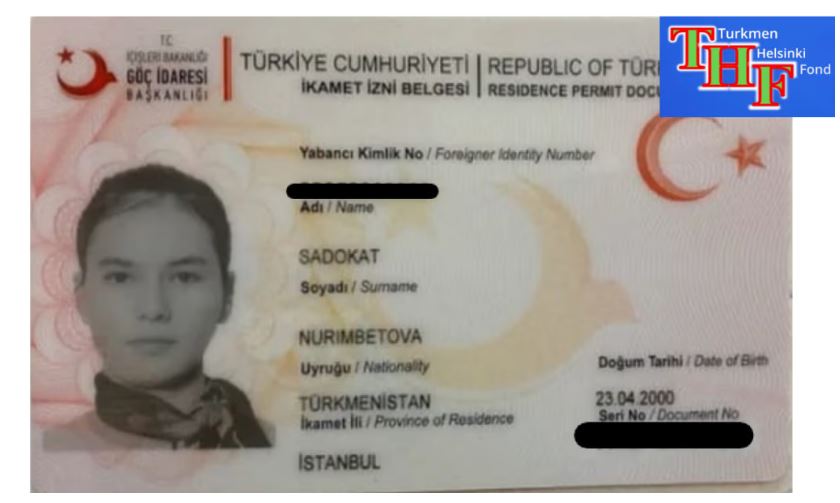BISHKEK (TCA) — The OSCE’s role and activities in Security Sector Governance and Reform in Central Asia, and the challenges and opportunities in the field, are the focus of a three-day regional seminar hosted by the OSCE Centre in Bishkek, which began on June 28 in the Kyrgyz capital.
Taking part are some 50 representatives of OSCE field operations in Central Asia and regional partners, government officials from Kyrgyzstan, Tajikistan and Kazakhstan, as well as civil society and academia. As well as providing a platform for regional networking among national and international partners, the discussion is exploring challenges within police reform, border management and security, counter-terrorism, anti-corruption, and justice sector reform.
“By reviewing the government’s budget and reports on its execution, adopting laws, establishing a working group to monitor enforcement of the laws and parliamentary decisions, we can make the reforms possible,” said Ainuru Altybaeva, Kyrgyz member of parliament and member of the parliamentary Committee for International Relations, Defence and Security.
Security Sector Governance and Reform is increasingly recognized by OSCE participating States as an essential element in conflict prevention, early warning, crisis management and peace-building.
Daniele Rumolo, Acting Head of the OSCE Centre in Bishkek, said: “Effective security sector reform processes have to be carried out in full consultation with all affected sides, including civil society and independent experts, as well as with the support of international organizations. The new OSCE guidelines on Security Sector Governance and Reform are designed to lead us and all other stakeholders and partners, in upholding these principles.”
Professor Erica Marat of the National Defense University in Washington D.C. said that while there are challenges for reform processes in the region, there are also tremendous opportunities which can be supported by a well-educated population, empowered women, ethnic and religious diversity, and a vibrant civil society.









